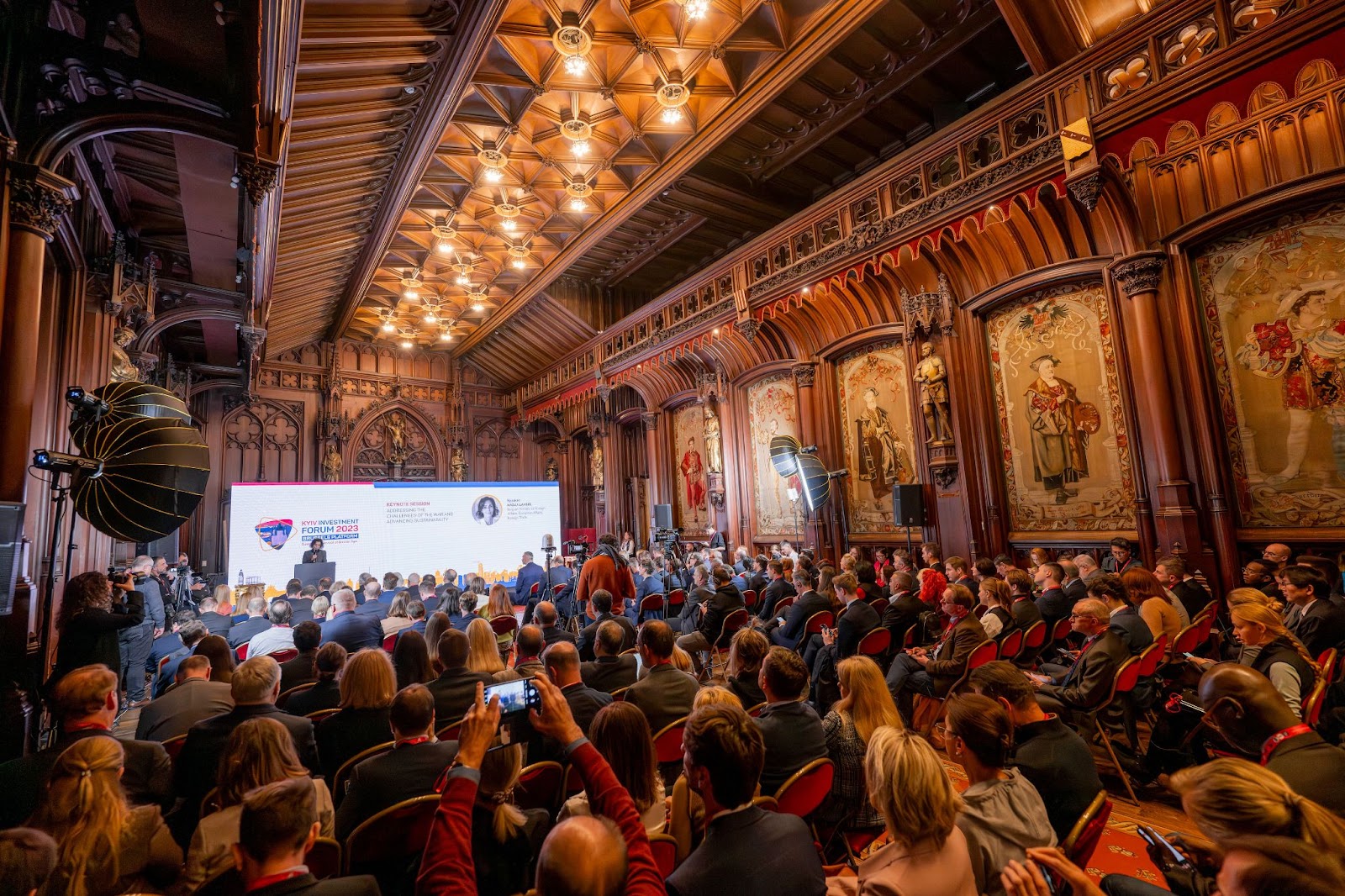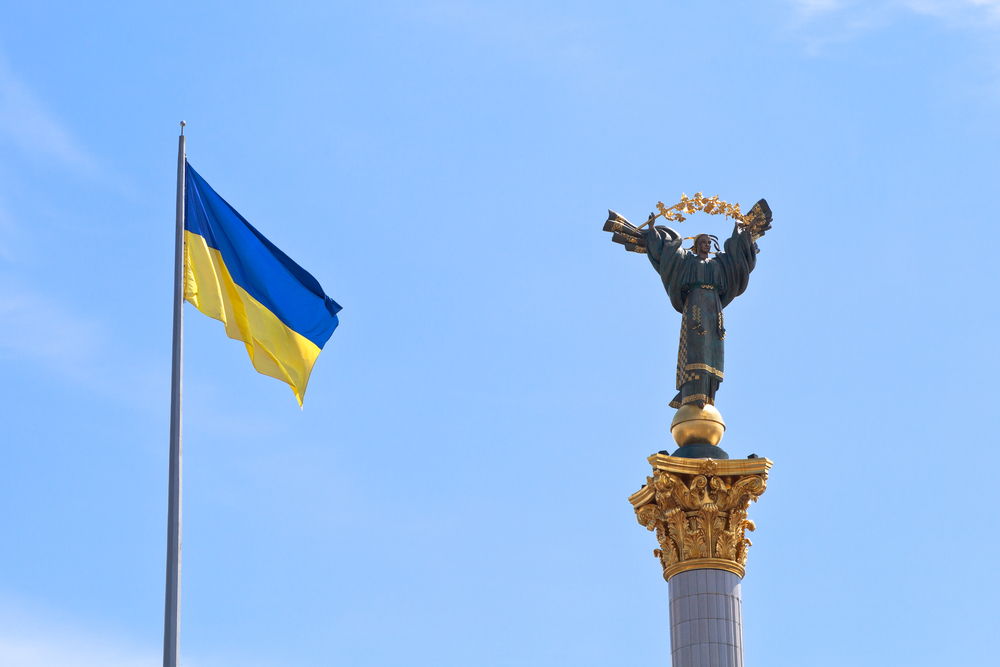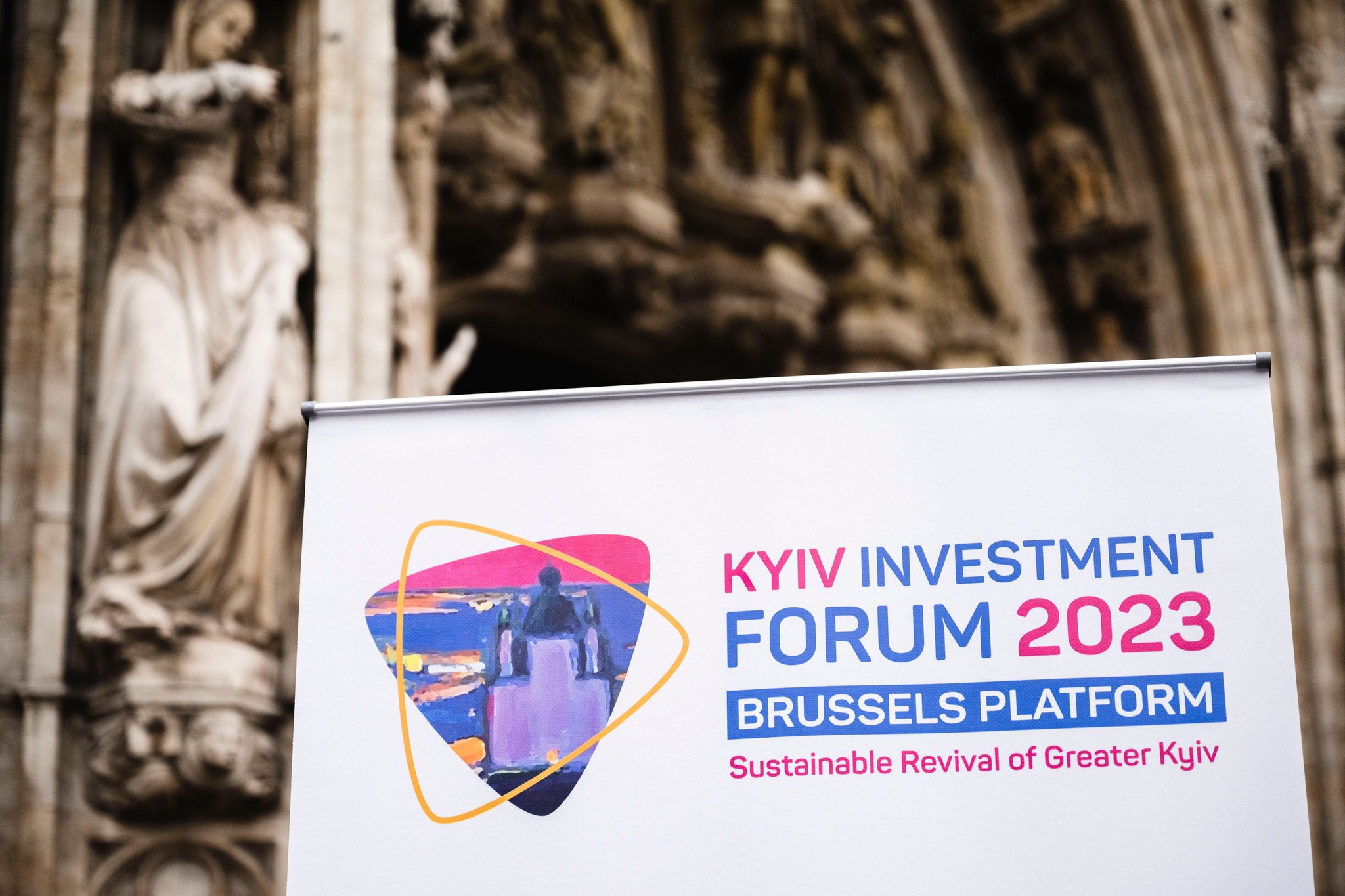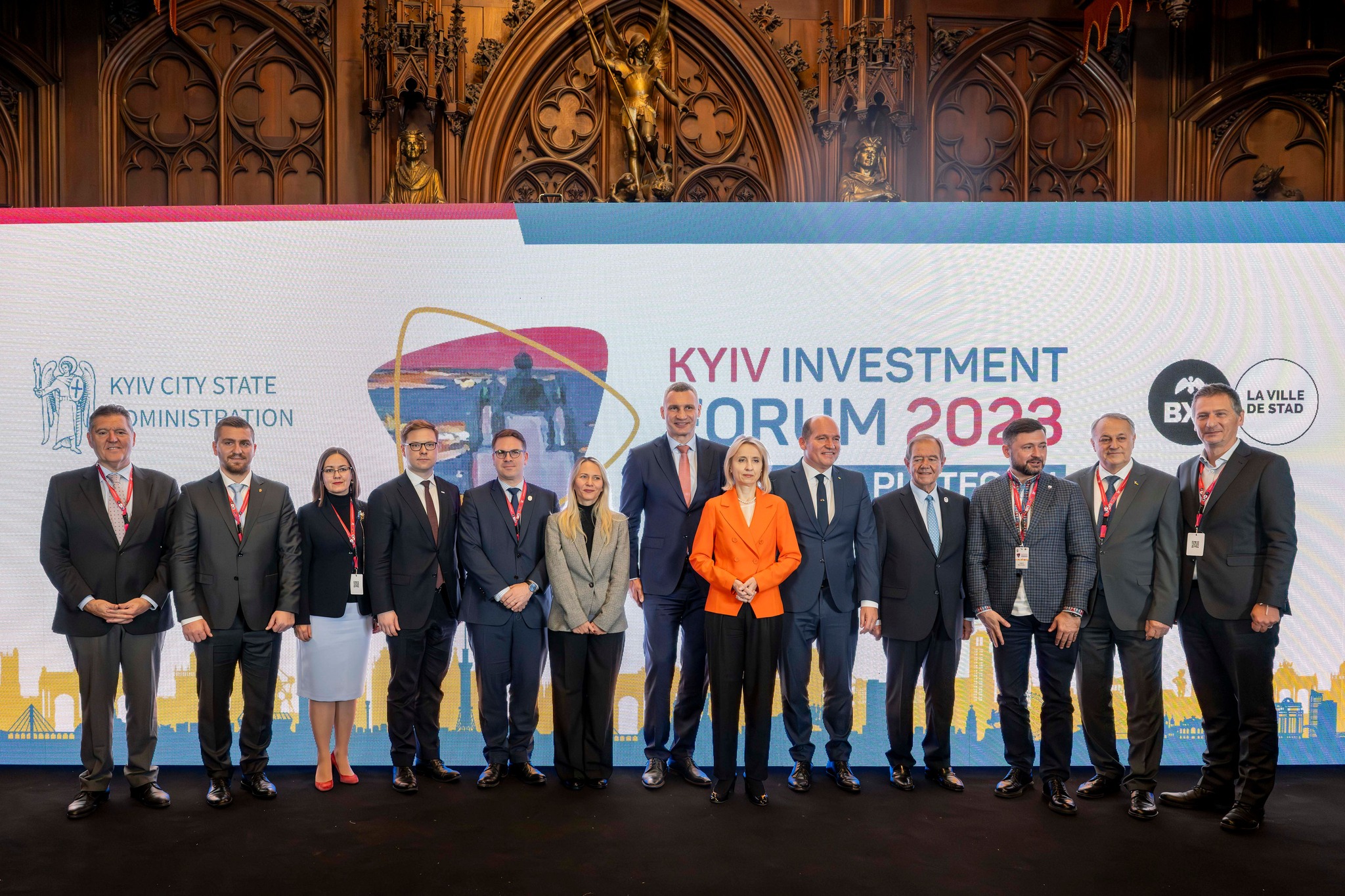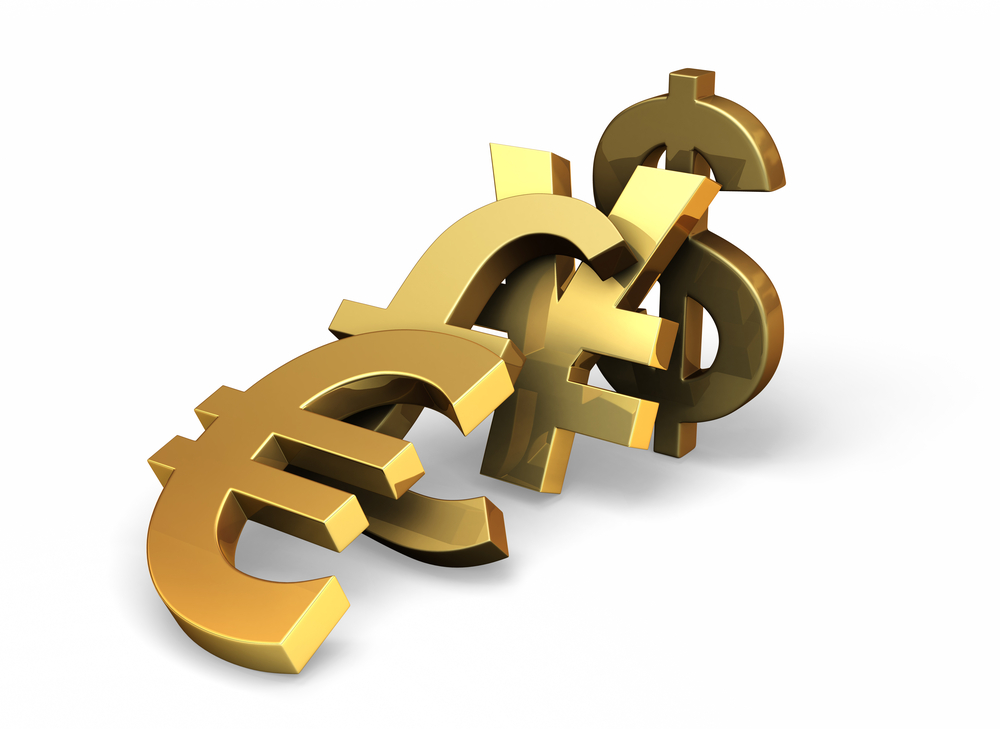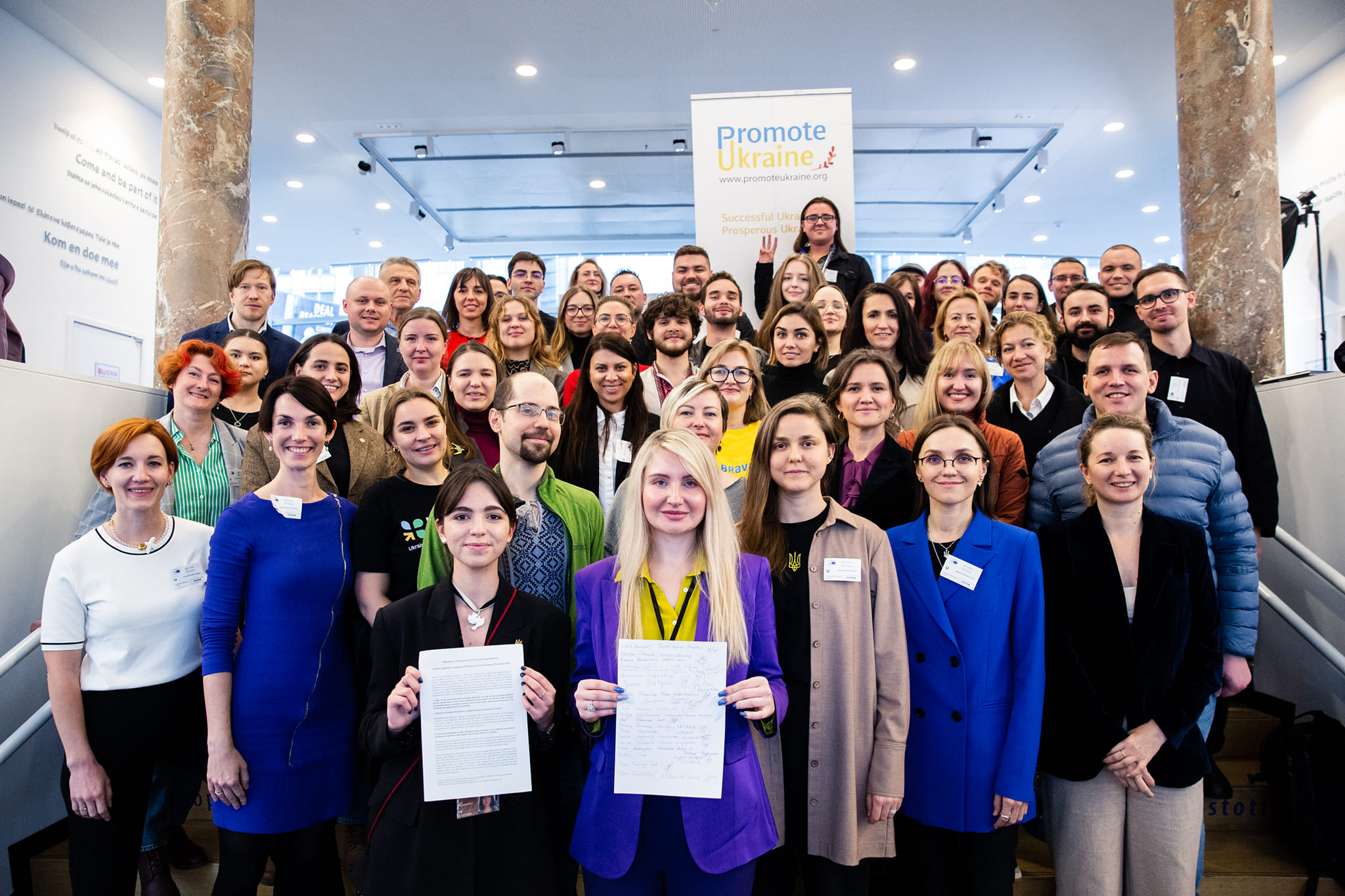The beginning of spring marked the commencement of serious political and economic turbulence for Ukraine. On the one hand, Ukraine faces the impact of worldwide processes related to the fight of all countries against the coronavirus (COVID-19) pandemic. On the other hand, in our country, a global problem has exposed a number of important internal issues that the current government is trying to tackle.
Change of Government
Dissatisfied with the lack of fast results of the government, which was appointed on August 29, 2019, and hoping for better preparation of the new team for the new challenges facing Ukraine, the President of Ukraine decided to change the government.
There was relatively little critique of Oleksii Honcharuk’s Cabinet of Ministers, but the main ones concerned the government’s failure to execute the budget, the dramatic decrease in industrial production, and the lack of effective decisions to reduce utility tariffs, among others.
In his speech during the special plenary session of the Verkhovna Rada on 4 March, President Volodymyr Zelensky noted that “[t]his is a government of new faces, but just faces are not enough. We need new brains and new hearts. This government knows what to do, but it is not enough – it really demands a lot of work, which has to be done.”
The Parliament supported the President’s initiative and dismissed Honcharuk’s government, voting in favour of the new Cabinet headed by Denys Shmyhal. At the same time, a number of high-ranking officials retained their seats. In particular, Deputy Prime Minister for European and Euro-Atlantic Integration Dmytro Kuleba and Foreign Minister Vadym Prystaiko switched posts in the new Cabinet, testifying to Volodymyr Zelensky’s confidence in these people and his satisfaction with their performance.
The change of the Ukrainian Cabinet of Ministers did not go unnoticed by the rest of the world, but it did not cause any resonance. Thus, the US Embassy has traditionally congratulated the new Prime Minister of Ukraine on his appointment and expressed the hope for “close cooperation”. But the European Union reacted differently. Peter Stano, spokesperson for EU foreign policy, and Josep Borrell, the EU’s security chief, said the EU expected the new Ukrainian government to strengthen its fight against corruption and its determination to implement reforms.
Ukraine is in quarantine
In current circumstances, one of the most problematic issues in Ukraine actually appeared to be the medical sector. The implementation of medical reforms was started by the government of former prime minister Volodymyr Hroisman. The performance of Health Minister Zoriana Skaletska in Honcharuk’s Cabinet raised many questions and complaints due to Skaletska’s perceived lack of experience, decisive steps taken in the ministry, and following a number of scandals. Doctors were confused, and many of them demanded to stop the second phase of the medical reform.
Under these conditions, the outbreak of COVID-19 pandemic finally showed cause that the post of Minister of Health of Ukraine must be held by a serious and experienced person. The Verkhovna Rada voted to approve the appointment of a well-known surgeon, Illia Yemets, who had previously headed the Ministry of Health in 2010-2011. But after Yemets made some controversial comments about the impact of coronavirus on those aged 65+ during his TV interview, he was dismissed. On the 30th of March Maksym Stepanov was appointed a new Minister of Health of Ukraine.
In the meantime, Ukraine began to prepare for the spread of COVID-19. On 17 March, at an extraordinary session of Verkhovna Rada, Prime Minister Denys Schmyhal stated that “12,000 beds in infectious disease departments have been prepared,” and the government had allocated additional finances to provide doctors with emergency protection.
Given the current state of medicine in the country and the serious lack of funds, advanced equipment, and facilities, everyone understands that it will be extremely difficult to cope with a dangerous disease. Again, the Ukrainian authorities decided to act early – the Cabinet of Ministers adopted a decision to declare a quarantine from 12 March to 24 April. With significant restrictions, people have fewer contacts and thus there is a lower chance of contracting the disease.
Currently, the authorities are able to work more or less effectively.
Despite some criticisms, the authorities have, however, achieved some positive results: although borders have closed globally, the government successfully evacuated tens of thousands of Ukrainians from many countries.
The authorities did this by arranging special flights, additional trains, and the Foreign Ministry promptly contacted the governments of countries where our compatriots were stuck at the borders. Almost all issues have been resolved positively.
On the other hand, the authorities took into account the key failure of the previous government – the lack of information provided to the population. The President has played an active role in the process and now frequently appears on the screens, addressing the nation. The Prime Minister, law enforcement officials, and local leaders also provide explanations to the media. All of them persuade Ukrainians to adhere to the recommendations of doctors, to act together, and to avoid panic. This will minimize the effects of dangerous pandemic.
The Minsk “Virus”
In the meantime, for many Ukrainians the risk of catching COVID-19 is relegated to the background as there is another threat on the horizon – the possible betrayal of national interests.
On 11 March a meeting of the Trilateral Contact Group took place in Minsk, Belarus, attended by the Head of the Office of the President of Ukraine, Andrii Yermak, and Dmytro Kozak, the Russian official responsible for the Ukrainian matters in the Kremlin. After the meeting, the parties signed a document establishing an Advisory Council. It stipulates negotiations between the plenipotentiaries of Ukraine, on the one hand, and its separate districts in Donetsk and Luhansk regions, on the other hand. Instead, Russia becomes an observer, along with Germany, France, and the Organization for Security and Co-operation in Europe (OSCE).
The signing of such a document caused a wave of criticism among politicians and protests in many Ukrainian cities. The largest protest took place in Kyiv, despite the quarantine measures. People demanded the resignation of Yermak and explanations from the authorities.
According to critics, the signing of the agreement on the creation of an Advisory Council in effect recognises the sovereignty of the illegal armed separatist groups, the Donetsk People’s Republic (DNR) and the Luhansk People’s Republic (LNR), which are supported and controlled by Russia.
Critics are also concerned that such recognition also gives legitimacy to the Kremlin’s narrative that hostilities in eastern Ukraine are an “internal conflict” – despite the illegal armed units in the occupied Donbas receiving weapons, ammunition, energy, and even funding from the Russian Federation (the Russian rouble is used in the so-called DNR and LNR!).
The signing of the dubious document has become so resonant that it has caused a wave of opposition not only from opponents of the present authorities but also from some deputies from the presidential majority in Verkhovna Rada. About two dozen deputies of the “Servant of the People” faction shared a statement appealing to President Zelensky not to permit the representatives of the temporarily occupied territories of the Donetsk and Luhansk regions to the Advisory Council. The number of dissatisfied people is much higher, but some have not dared to voice their position publicly. Some opinion leaders, experts, and politicians insist that an act of capitulation has been signed in Minsk.
Against the backdrop of this scandal, another one, directly related to the first, broke out. On 12 March, Serhii Syvokho, advisor to the Secretary of the National Security and Defence Council (NSDC) organised a presentation of the National Platform for Reconciliation and Unity in Donbas where he implied that the conflict in Ukraine is “internal”. However, the event was thwarted by anti-terrorist operation veterans who demanded that Syvokho clearly explain with whom exactly Ukraine should restore peace in Donbas and who exactly staged armed aggression against Ukraine. Not receiving an answer, the activists removed Syvokho from the hall. Syvokho later stated that he “shared the same direction” as Andriy Yermak.
However, these actions were not appreciated by pro-Ukrainian forces, so the officials on Bankova Street should have reacted. First of all, they tried to calm the Servant of the People deputies. Andriy Yermak met with dissatisfied lawmakers to explain his actions. According to insiders, this meeting was highly emotional, although Yermak tried to convince those present that Ukraine would not cross the “red line” and that no one would negotiate with the militants. At the same time, critics asked a reasonable question: why, then, did the government sign the document at all?
This story continued.
One of the disgruntled Servant of the People deputies, Heo Leros, gave an interview in which he criticized Yermak’s and Syvokho’s actions with regard to Donbas. After that, the President of Ukraine dismissed Leros from the position of his advisor. On the 30th of March Syvokho was dismissed from the position of the advisor to the NSDC.
Meanwhile, the authorities continue to insist that the document signed in Minsk does not contradict the interests of our country. Foreign Minister Dmytro Kuleba, therefore, gave assurances that members of the Advisory Council are “not representatives of the authorities, but representatives of the society of the part of Ukraine we belong to. They will be able to talk with the members of society, not with fighters, with those people who live in the occupied territories.”
Fights and new challenges
In the meantime, due to the problem of the spread of the coronavirus in Ukraine and the introduction of quarantine measures, the issue of signing the Agreement of the Advisory Council in Minsk has been put on the wayside. But the reasons for the scandal are still there.
Nevertheless, Ukrainians should remain calm despite the COVID-19 pandemic, the onset of a new global financial crisis, governmental changes in our country, and difficult negotiations over Donbas. At the same time, civil society should influence the government and demonstrate its firmness in defending national interests.
In the future, unity and harmony will be required even more, as our country has a few internal resources to escape from the economic recession, and we cannot count on external ones in the current conditions.
Ilya Tarasyuk is a well-known Ukrainian journalist whose articles have been published by leading Ukrainian business publications for the last 15 years. Specializes in economic and political topics. He graduated from the Kyiv-Mohyla Academy with a degree in Philology.






 UA
UA FR
FR DE
DE
